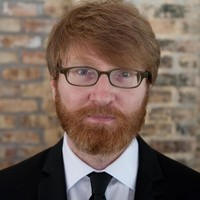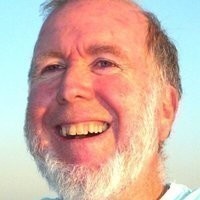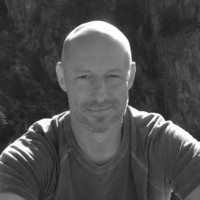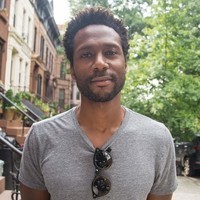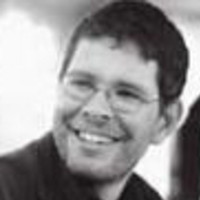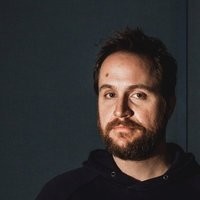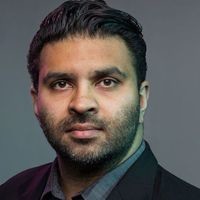David Gessner is the author of ten books. His latest is Ultimate Glory: Frisbee, Obsession, and My Wild Youth.
“The ambition got in my way at first. Because I wanted my stuff to be great, and it froze me up. But later on it was really helpful. I’m startled by the way people don’t, you know, admit [they care] … it seems unlikely people wouldn’t want to be immortal.”
Thanks to Casper, Squarespace, and MailChimp for sponsoring this week's episode.




